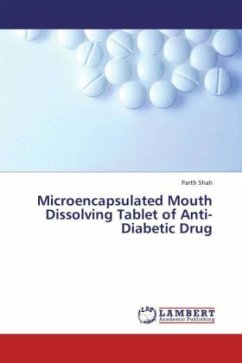Anti-diabetic drugs treat diabetes mellitus by lowering glucose levels in the blood. With the exceptions of insulin, exenatide, and pramlintide, all are administered orally and are thus also called oral hypoglycemic agents or oral antihyperglycemic agents. There are different classes of anti-diabetic drugs, and their selection depends on the nature of the diabetes, age and situation of the person, as well as other factors. Diabetes mellitus type 1 is a disease caused by the lack of insulin. Insulin must be used in Type I, which must be injected or inhaled. Diabetes mellitus type 2 is a disease of insulin resistance by cells. Treatments include (1) agents which increase the amount of insulin secreted by the pancreas, (2) agents which increase the sensitivity of target organs to insulin, and (3) agents which decrease the rate at which glucose is absorbed from the gastrointestinal tract.







